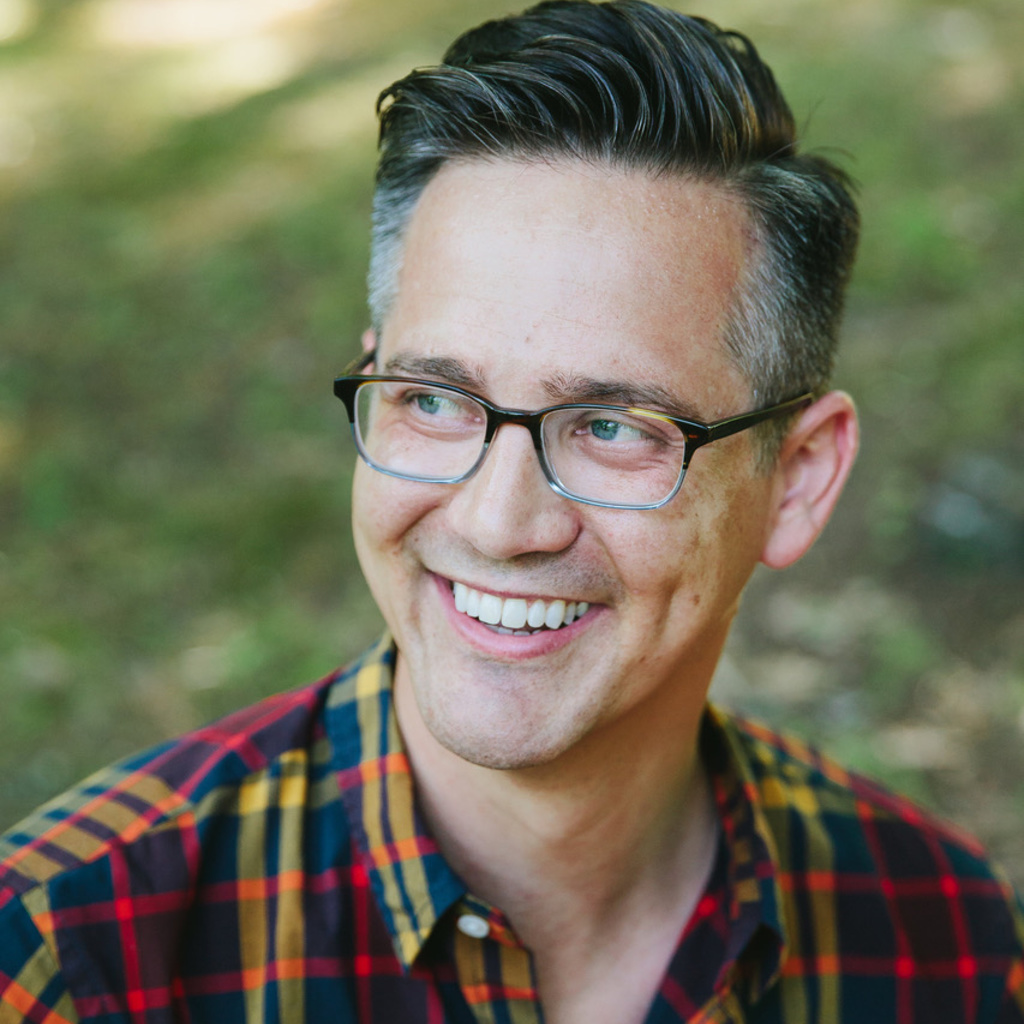
Joshua Calhoun
Losing the Past: Cultural Heritage, Climate Change, and Catastrophe
Fueled by fossils, museums and archival libraries more or less refrigerate cultural records against the threat of decay—for now. But what is the longterm future of cultural records in the face of accelerating climate change? Original copies of Shakespeare’s Sonnets, first printed in 1609, have survived intact for over 400 years. If even the most optimistic climate models are to be believed, copies of the Sonnets are unlikely to last another 400 years.
Focusing especially on early handmade paper as a case study, this talk considers the ecological resources needed to preserve the past on thin pliable, handcrafted leaves of organic matter. Further, taking seriously the environmental impacts of preservation and conservation, this talk also grapples with an uncomfortable truth: loving books might mean finding meaningful ways to lose them in the near future—and, in the present, might mean reevaluating non-destructive, non-invasive testing policies.
Joshua Calhoun, Associate Professor of English and Faculty Affiliate with the Nelson Institute for Environmental Studies at the University of Wisconsin-Madison, specializes in Shakespeare, 16th- & 17th-century poetry, the history of media, and the environmental humanities. His work has been published in PMLA, Shakespeare Studies, and Environmental Philosophy. Calhoun is also the co-founder of Holding History, a mentorship-driven public engagement project that involves hands-on training in book making and archival research.
Calhoun’s most recent work explores the ecopoetic interplay between literary ideas and the physical forms they are made to take as sixteenth- and seventeenth-century texts. In his first book, The Nature of the Page: Poetry, Paper, and the Ecology of Texts in Renaissance England (University of Pennsylvania Press, 2020), Calhoun argues that the flora, fauna, and mineralia from which a Renaissance text—or a clay tablet, or a birch bark map, or an iPhone— is made are legible, significant elements of its poetic form. His work draws on scholarly as well as journalistic training (at Outside Magazine), and his commitment to questions about conservation, land use, and wilderness are deeply informed by his experiences growing up in New York's Adirondack Mountains.